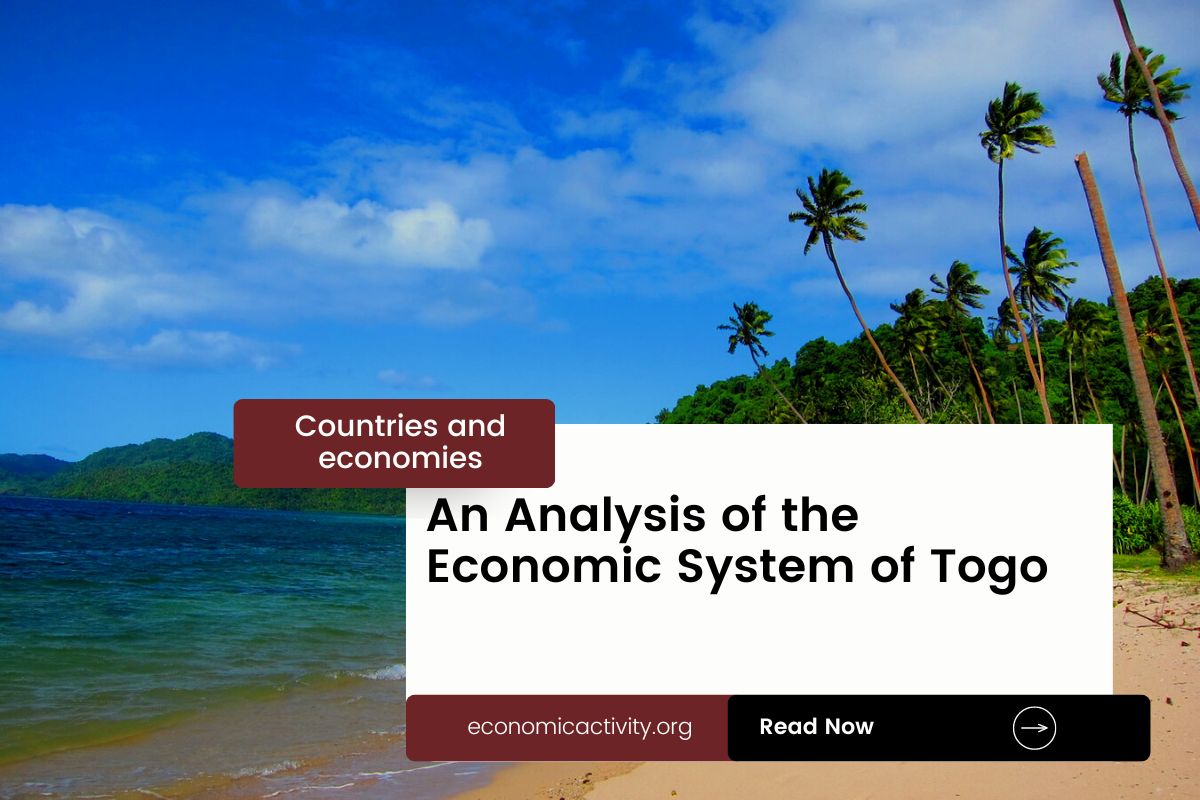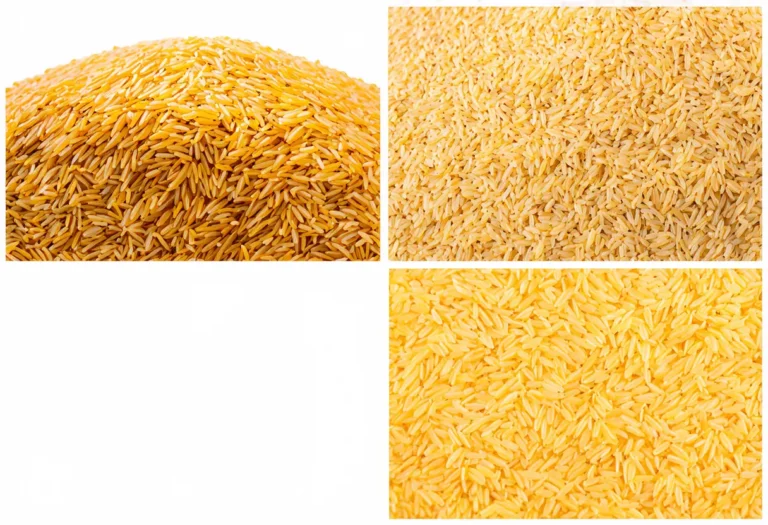What is the economic system of Togo? The economy of Togo is based on a mixed economy. The country’s economic system combines elements of a market economy and a planned economy.
Togo’s economy relies on agriculture, which employs most of its workforce. Major crops include coffee, cocoa, and cotton. The country also has phosphate mining and a growing service sector. Togo is increasingly attracting foreign investment, especially in its free trade zone.
In Togo, the economy is composed of a private sector, consisting of individuals and businesses that make autonomous decisions based on self-interest, and a public sector, where the state determines the production and distribution of certain goods and services. No country is purely capitalist or purely communist.
What do the freedom indexes tell about the economic system of Togo?
Now, to determine if a country is mostly a market economy or a planned economy, it is useful to examine some economic indexes. For instance, according to the 2022 Index of Economic Freedom, which measures the ability of every human to control his own labor and property, Togo is ranked 104th globally and 15th in Sub-Saharan Africa indicating that the country has a mostly unfree economy.
In a similar way, the 2022 Freedom House index evaluates the state of political rights and civil liberties globally. Generally, market economies tend to align more with democracy and freedom, while command economies tend to be characterized by greater state control and fewer democratic and civil liberty protections. Togo gets a score of 42/100, which qualifies it as Partly Free.
Togo is considered to have a government that does not control what people do, and people can make their own economic decisions, but it is only considered an electoral democracy, lacking full liberal democratic protections.
What do the biggest companies in Togo say about the country’s economic system?
The biggest company in Togo should also be looked at, as well as whether it is a state-owned or private company. In this case, Ecobank Transnational is a Pan-African banking group providing financial services to individuals, businesses & governments in 36 African countries.
Ecobank Transnational Incorporated (ETI), the parent company of Ecobank, has its shares traded on three West African stock exchanges: the Ghana Stock Exchange (GSE), the Nigeria Stock Exchange (NSE), and the BRVM stock exchange in Abidjan, Ivory Coast. As of December 2021, the ten largest shareholders in Ecobank Transnational were as follows:
- Nedbank Group Limited: 21.22%
- Qatar National Bank: 20.10%
- Arise B.V: 14.10%
- Government Employees Pension Fund: 13.48%
- Social Security and National Insurance Trust: 3.86%
- Nkontchou Alain Francis: 1.06%
- B.I.D.C: 0.91%
- Other Investors: 25.27%1.
It shows how the biggest companies in the country are privately owned.
The historical factors that have influenced the economic system of Togo
The current mixed economy system of Togo is a result of a combination of factors, including the country’s colonial history, its post-independence economic policies, and the global economic environment.
Colonial rule left Togo with a legacy of weak economic institutions and a lack of investment in infrastructure and human capital. Post-independence economic policies focused on import substitution and state-led industrialization, which led to a large public sector and a reliance on foreign aid.
The global economic environment has also had an impact, with the rise of neoliberalism and the increasing integration of the global economy.





Leave a Reply